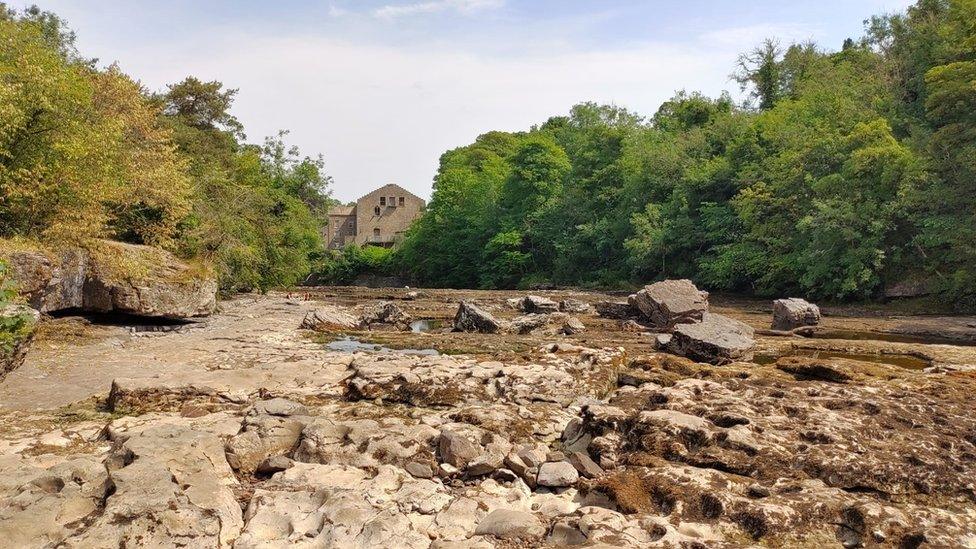Yorkshire Water hosepipe ban lifted after three months
- Published

The hosepipe ban was introduced in August following high temperatures and months of low rainfall
A hosepipe ban introduced in the summer by Yorkshire Water has been lifted.
The ban, the first in 27 years, was brought in on 26 August after low rainfall and high summer temperatures saw reservoir levels fall below 50%.
But reservoirs were now at an average of 75% capacity following above average autumn rainfall, the firm said.
Yorkshire Water said it was "really grateful" to customers for helping to save water, adding that the ban had helped conserve 28m litres a day.
While the ban was in place, people were urged to try to reduce the amount of water they used and those caught flouting the restrictions faced a £1,000 fine.
The ban came after the Environment Agency moved Yorkshire to drought status on 15 August following six months of below average rainfall.
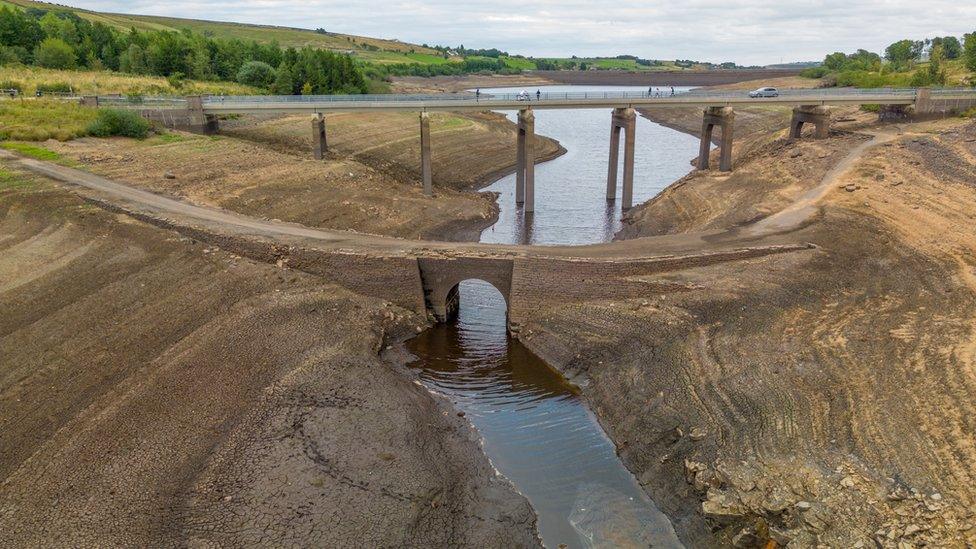
Reservoir levels, like here at Baitings Reservoir in Huddersfield, fell dramatically earlier in the year
Neil Dewis, director of water at the company, said despite the lifting of the hosepipe ban, Yorkshire remained in drought status.
He said it was "really important" people continued to save water where they could, despite the improving picture.
However, a number of emergency drought schemes and people's efforts had meant reservoirs were now "looking much healthier - with the average level across the region now at 75%", Mr Dewis added.
As part of Yorkshire Water's efforts to manage supplies, it was granted permission to extract more water from the region's rivers and it laid 1.2 miles (2km) of pipes across moorland in West Yorkshire.
This connected Walshaw Dean Upper reservoir in Calderdale with Ponden reservoir in the Worth Valley so water could be transferred and stocks could be balanced, with the aim of increasing levels.
The firm also said it had done more to tackle leaks and was on target to reduce leakage by more than 9% this year, bringing it closer to its goal of a 15% reduction in leaks by 2025.
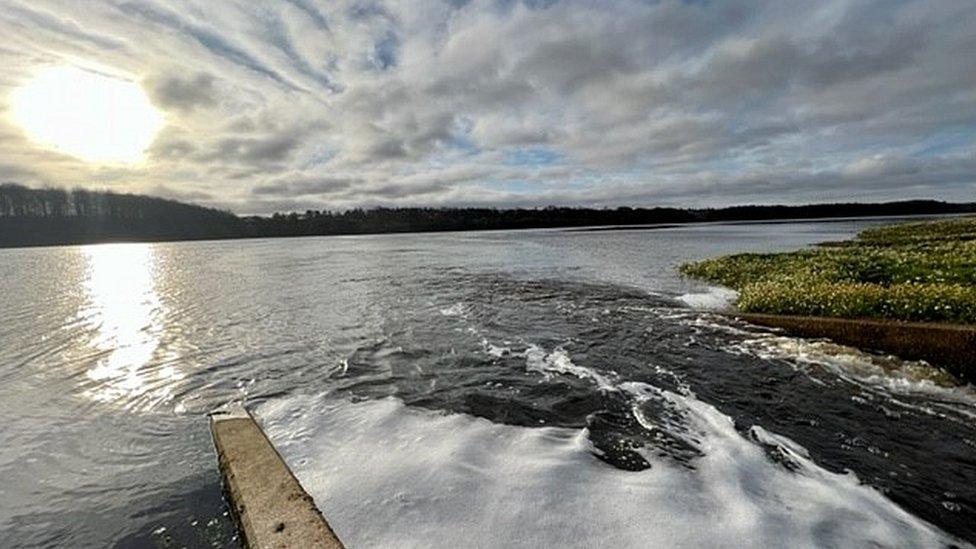
Water levels at Yorkshire's reservoirs, including at Eccup (pictured), have increased after above average autumn rainfall
The National Drought Group said last month that reservoir stocks across England were at around 68% capacity, but it urged companies to plan for any impact on supplies in 2023.
Mr Dewis said: "As we've seen this year, climate change is making weather patterns more extreme."
The company had submitted its latest draft water resource management plan to the Department of Environment Food and Rural Affairs, he added.
It set out the company's action plan to "reduce the likelihood of future restrictions and ensure we can continue to meet demand over the next 60 years", he said.
Yorkshire Water provides supplies across West Yorkshire, South Yorkshire, East Yorkshire, part of North Lincolnshire, most of North Yorkshire and parts of Derbyshire.

Analysis - Paul Hudson, Climate Correspondent, BBC Yorkshire
Following Yorkshire Water's introduction of a hosepipe ban in August, water levels in reservoirs continued to fall - reaching 32% capacity at their lowest point.
Parts of Yorkshire experienced their driest period since records began over 130 years ago.
There were genuine fears that some areas, principally Haworth and the Worth Valley, could run out of water as some reservoirs became dangerously low.
In response, Yorkshire Water spent £2m building an emergency pipeline from Calderdale to Ponden reservoir in Haworth to avert a potential crisis.
It will therefore have come as some relief to the company that autumn this year turned out to be exceptionally wet.
But questions still remain about the resilience of Yorkshire's water reserves.
Is the company still leaking too much water through its pipe network?
And is Yorkshire Water responding fast enough to the likelihood of more regular, and increasingly extreme, droughts in future due to climate change?

Follow BBC Yorkshire on Facebook, external, Twitter, external and Instagram, external. Send your story ideas to yorkslincs.news@bbc.co.uk, external.
Related topics
- Published18 November 2022
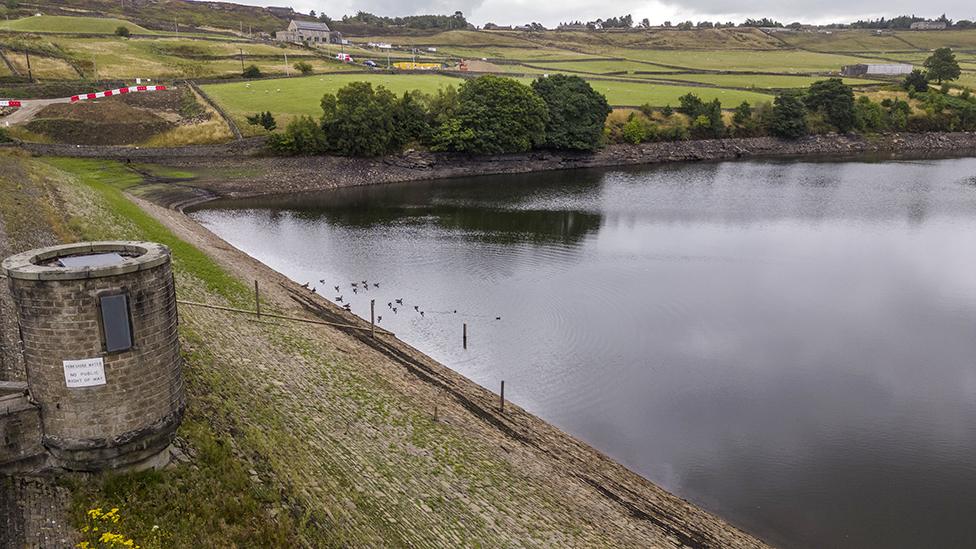
- Published29 September 2022
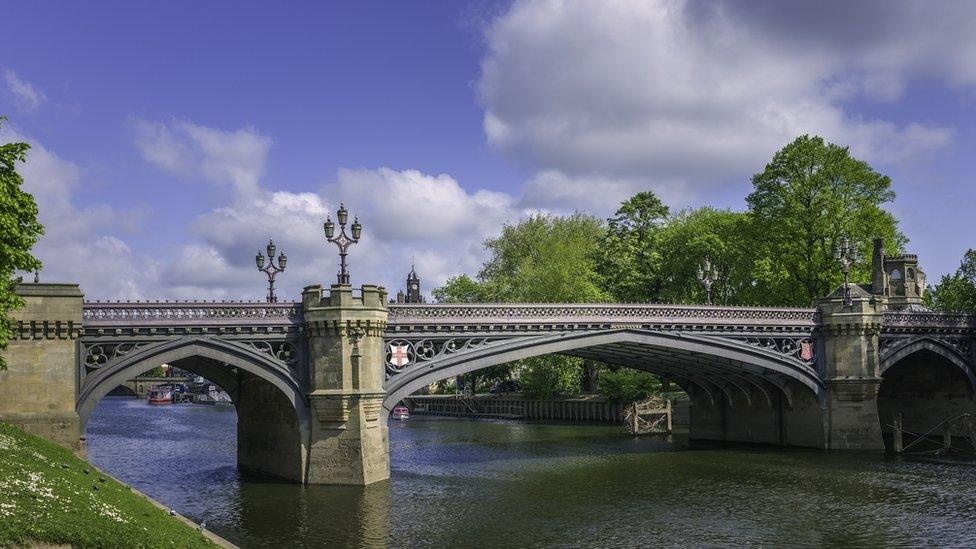
- Published27 September 2022
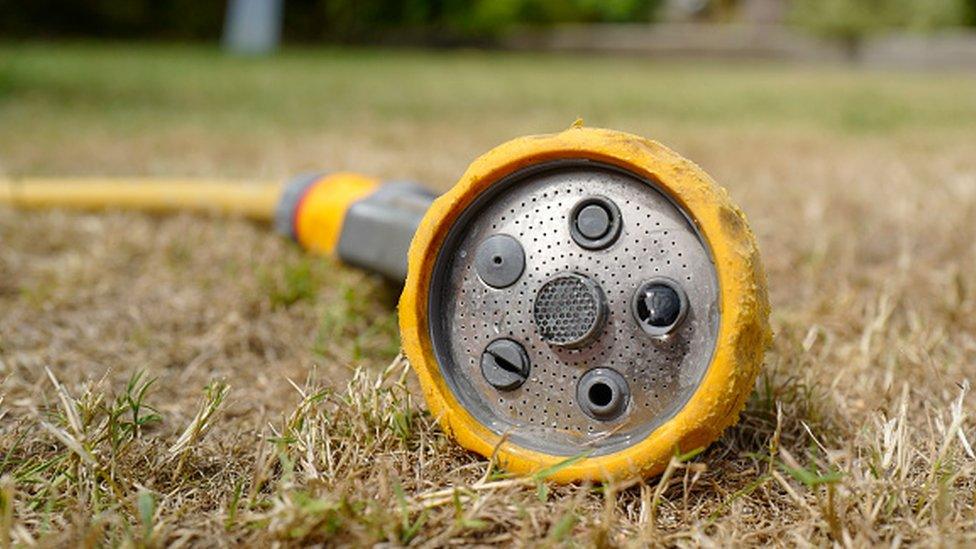
- Published16 August 2022
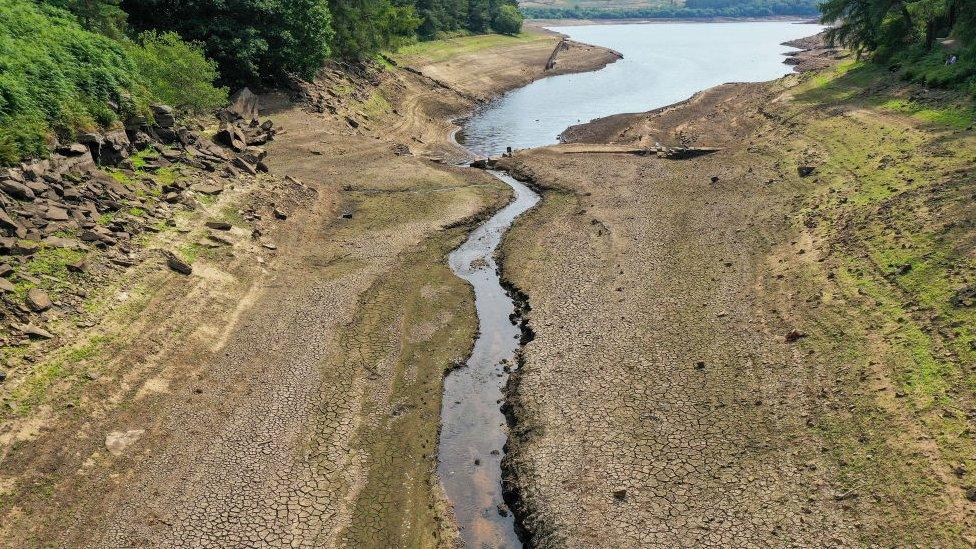
- Published12 August 2022

- Published10 August 2022

- Published19 July 2022
